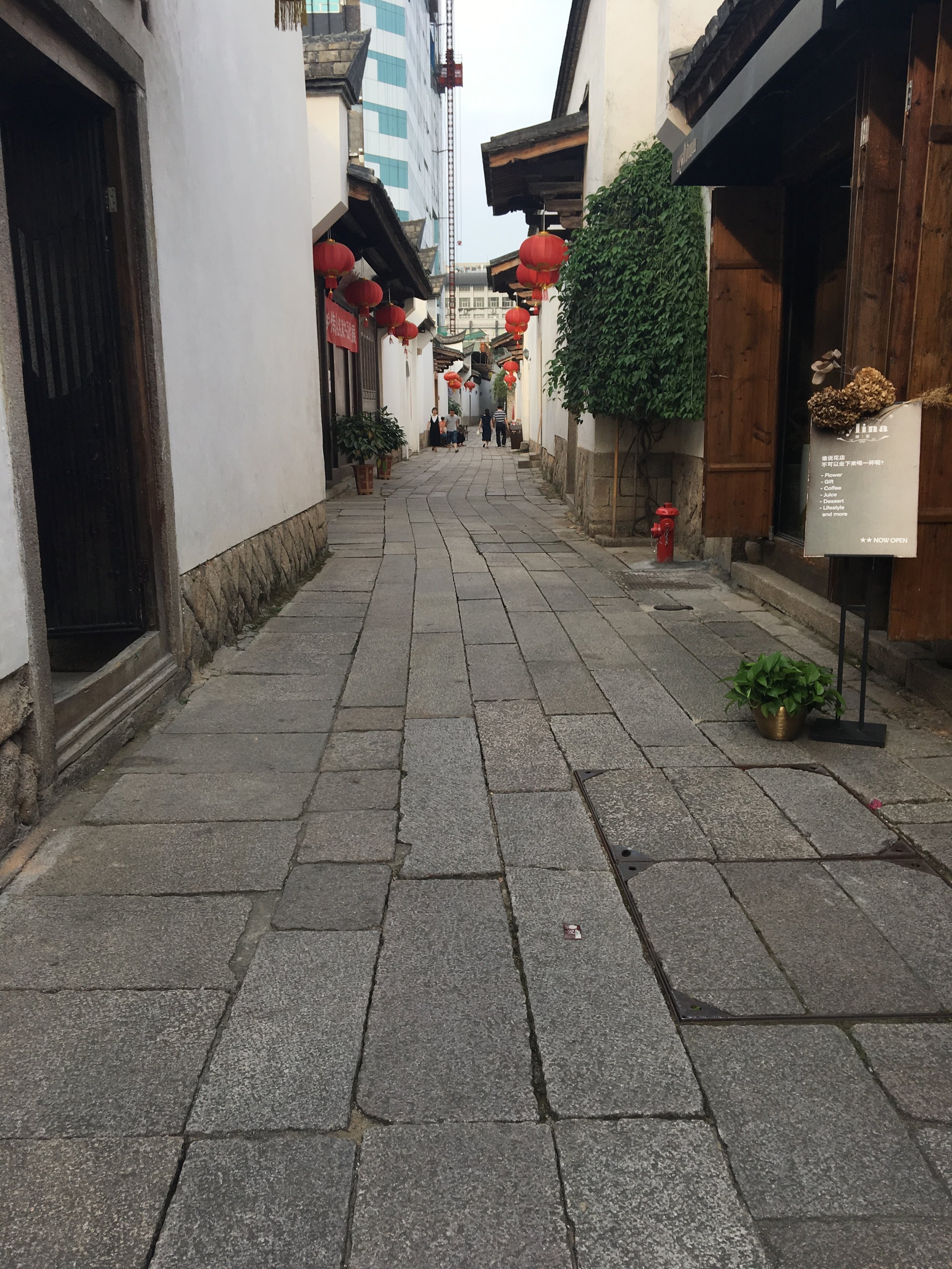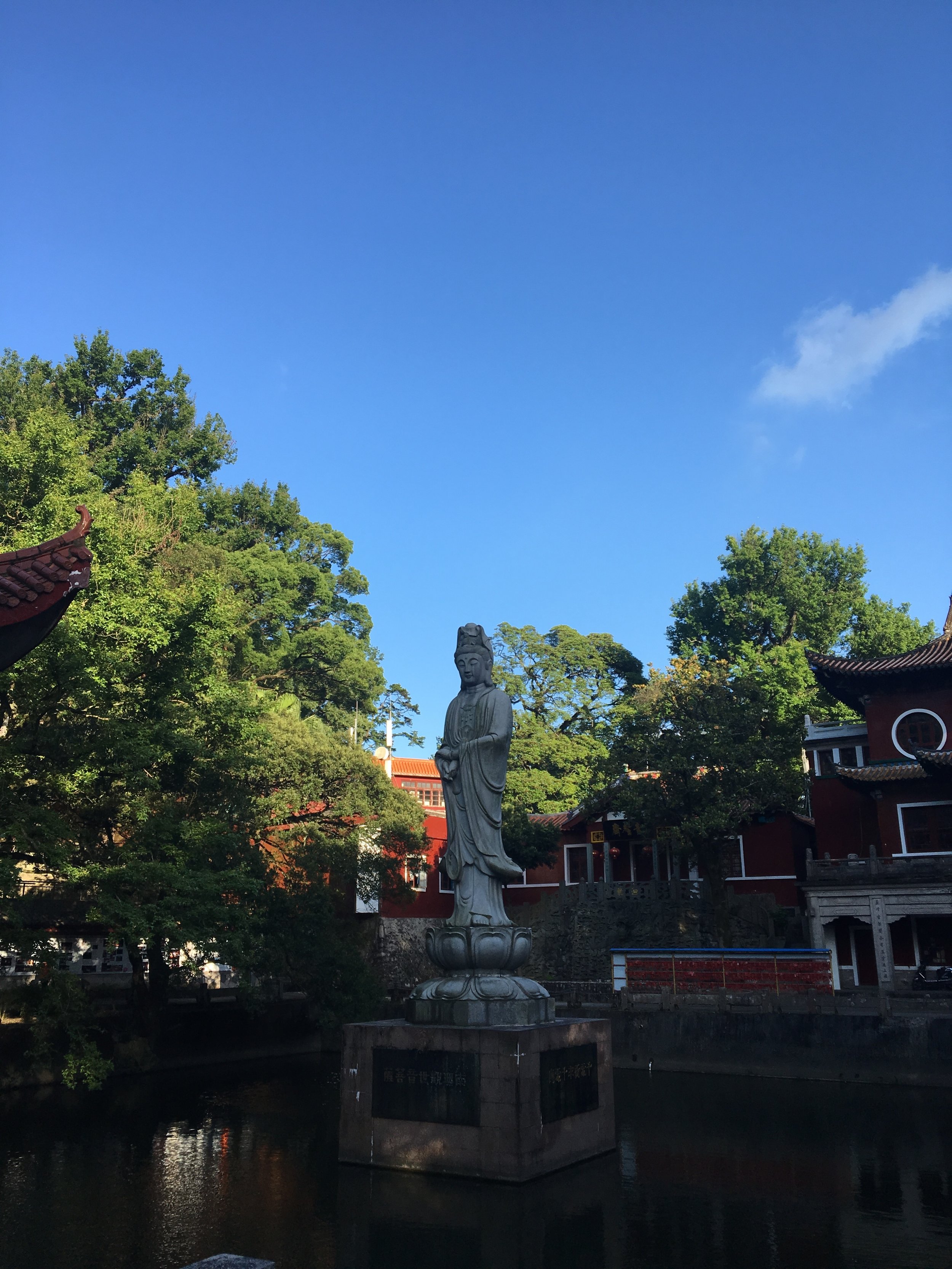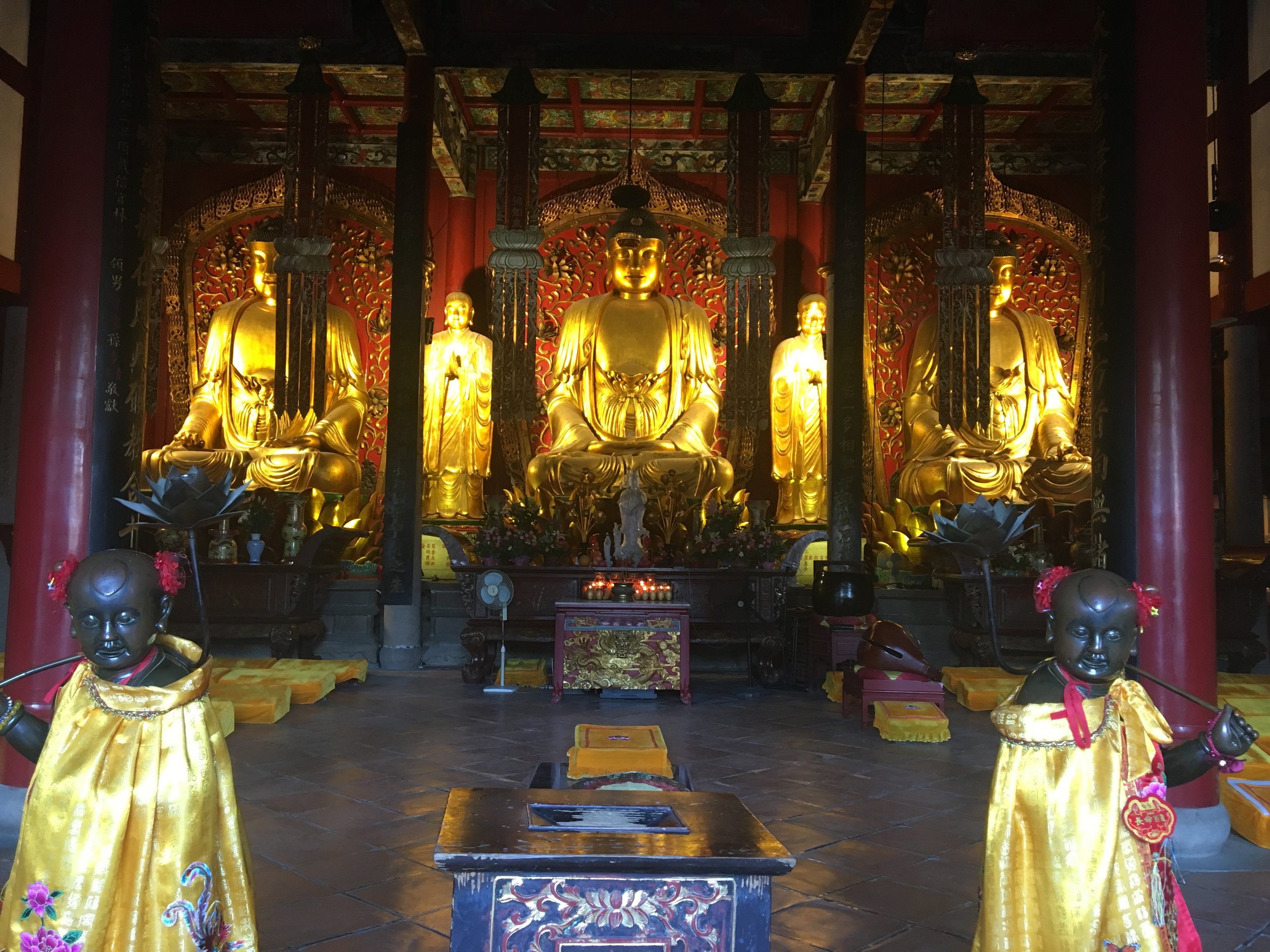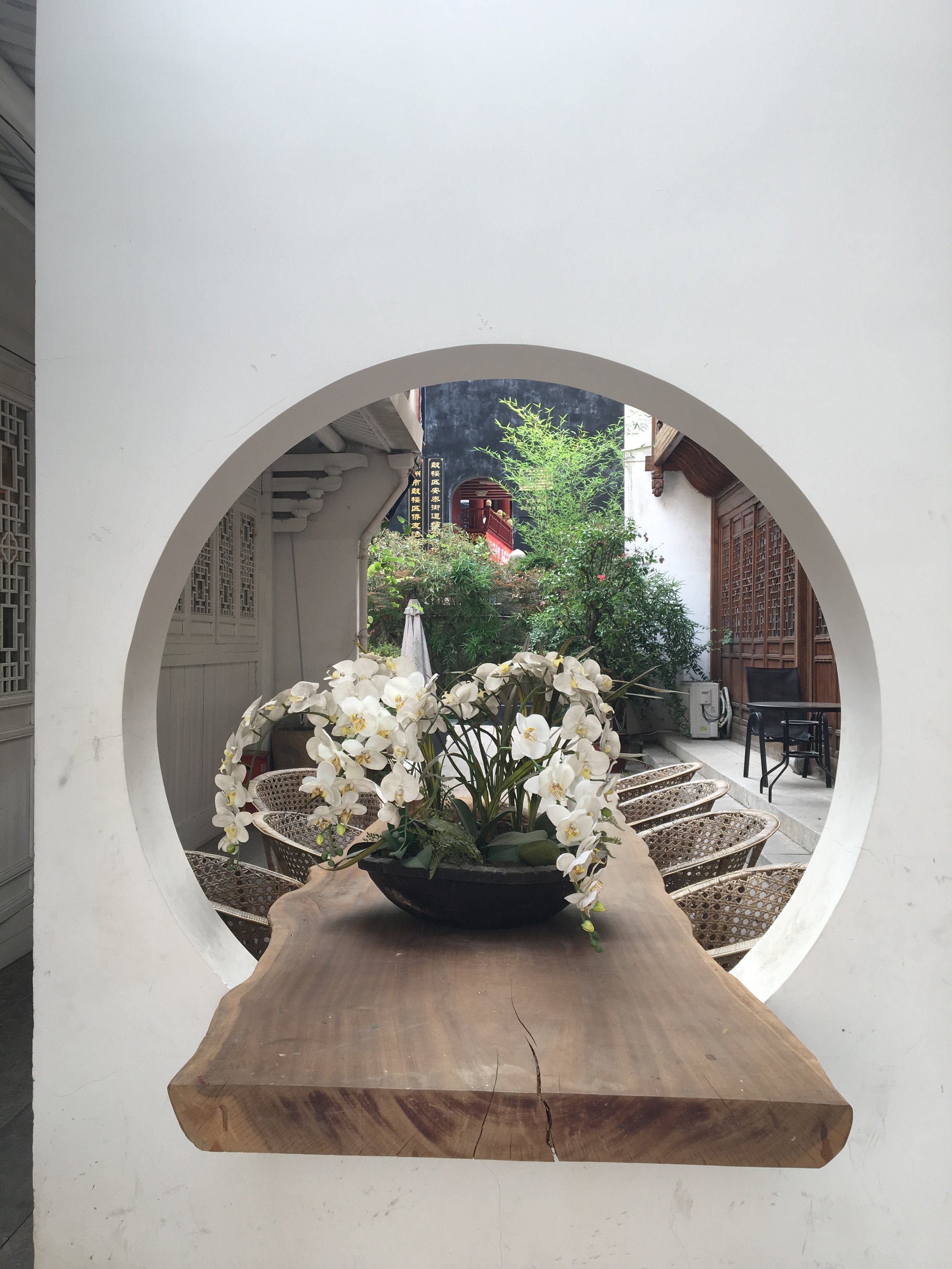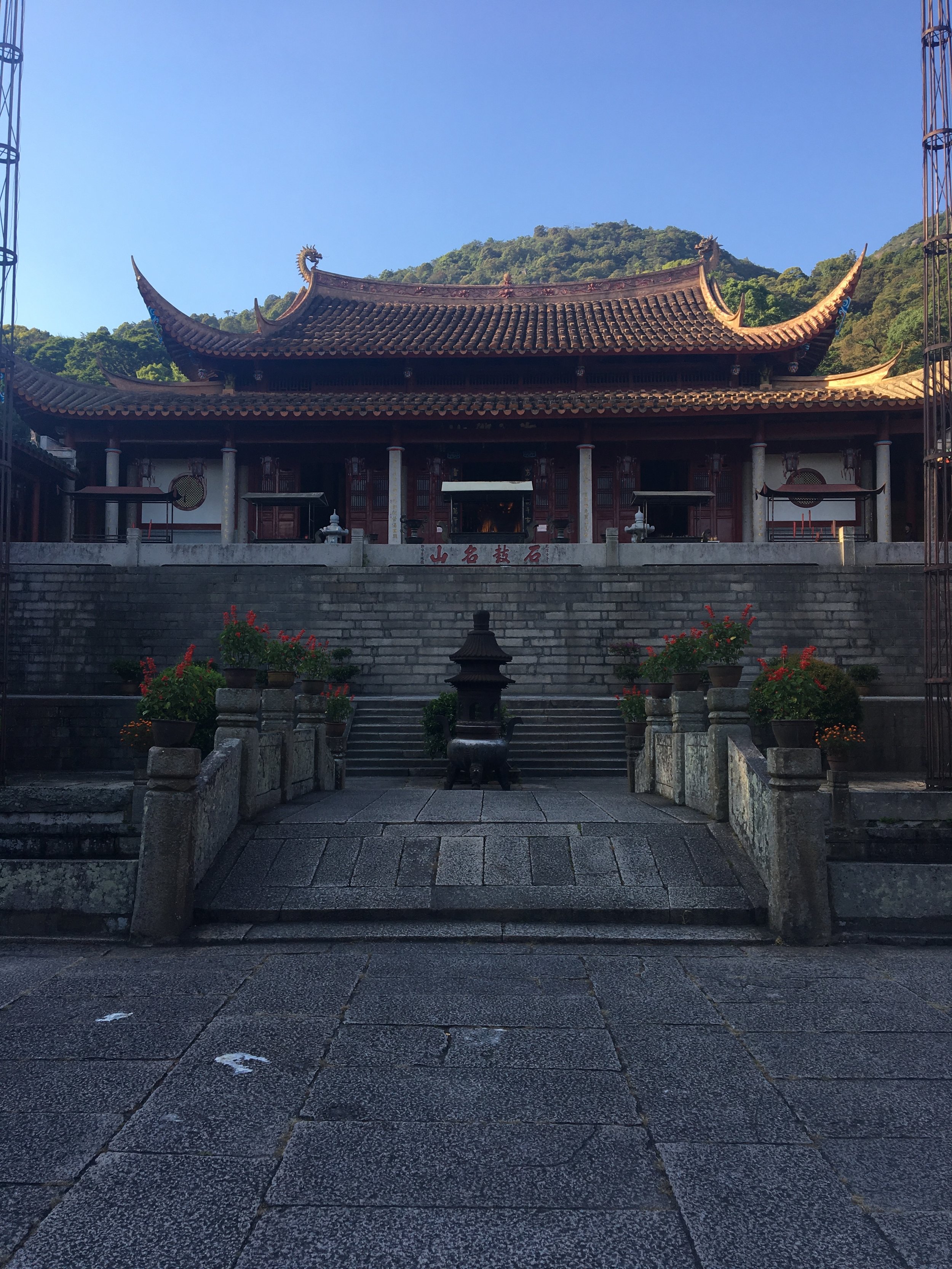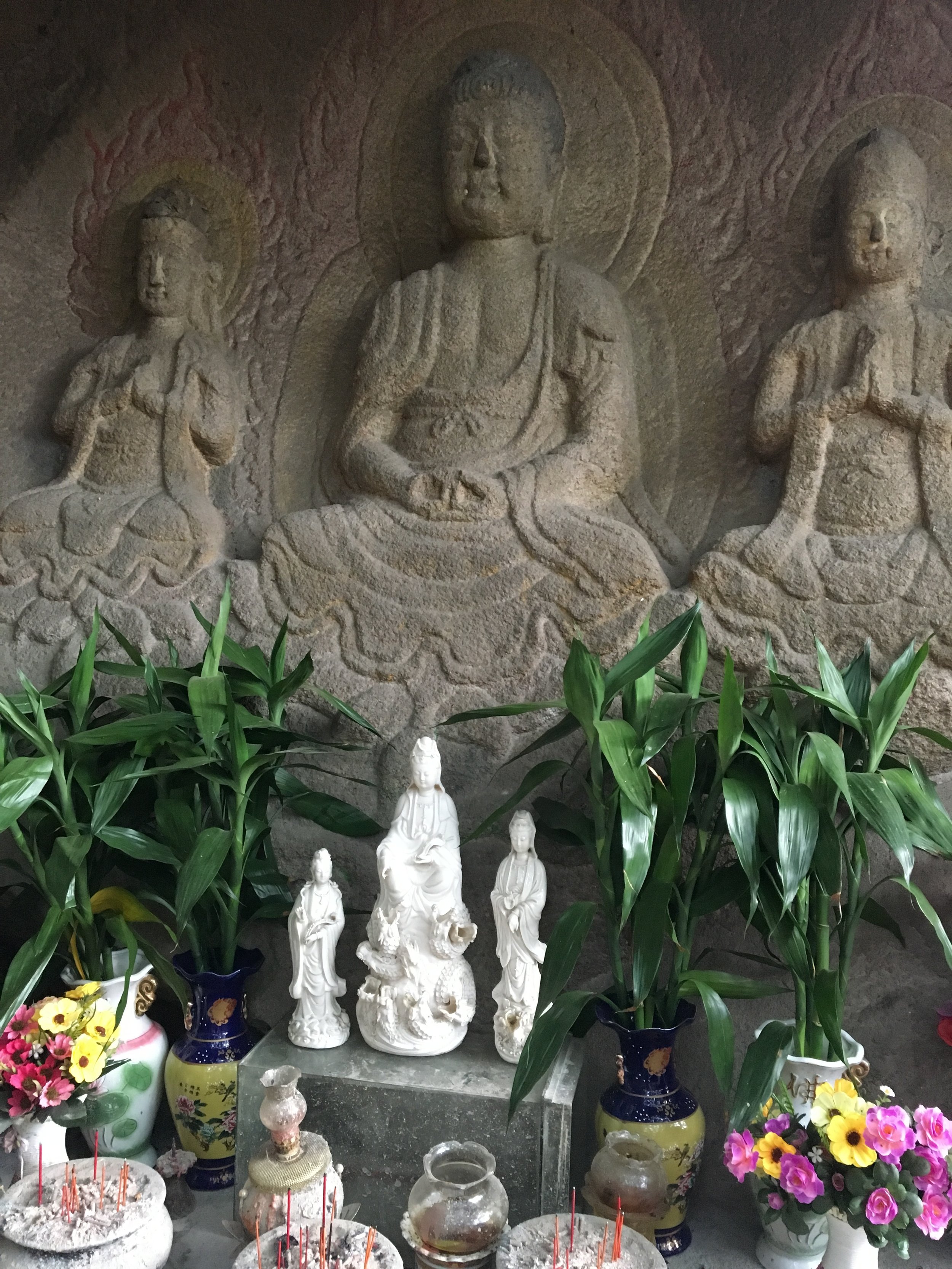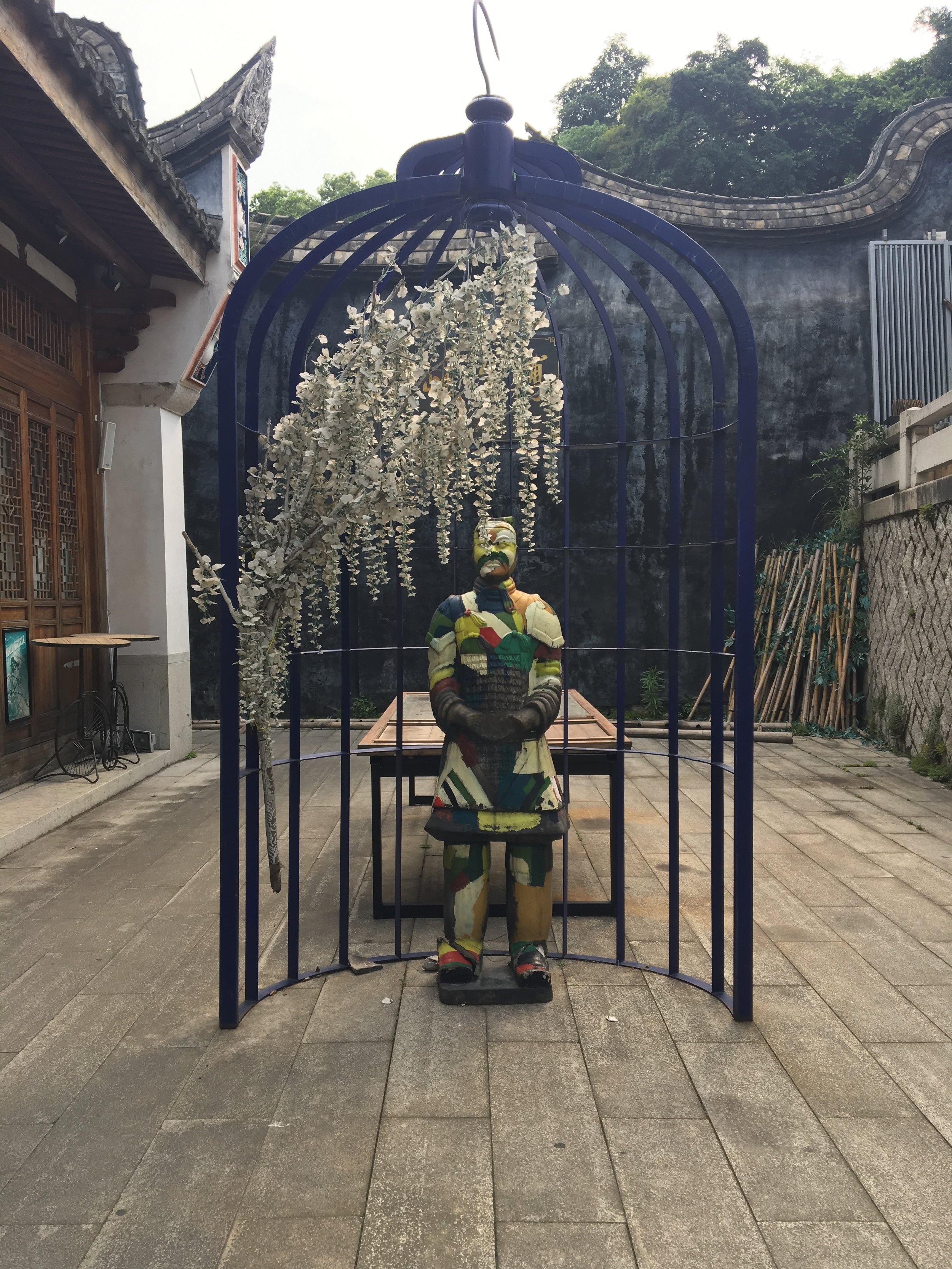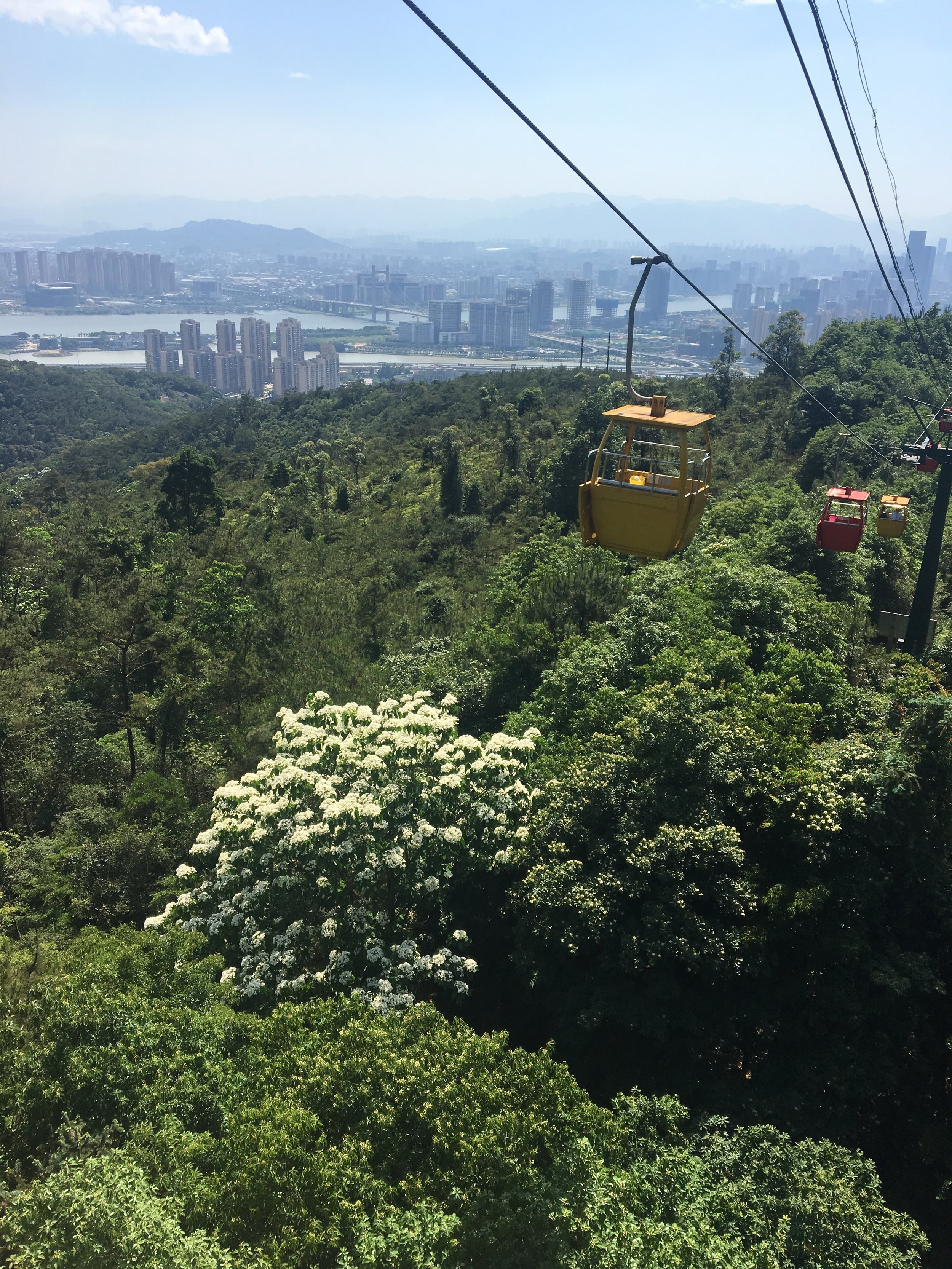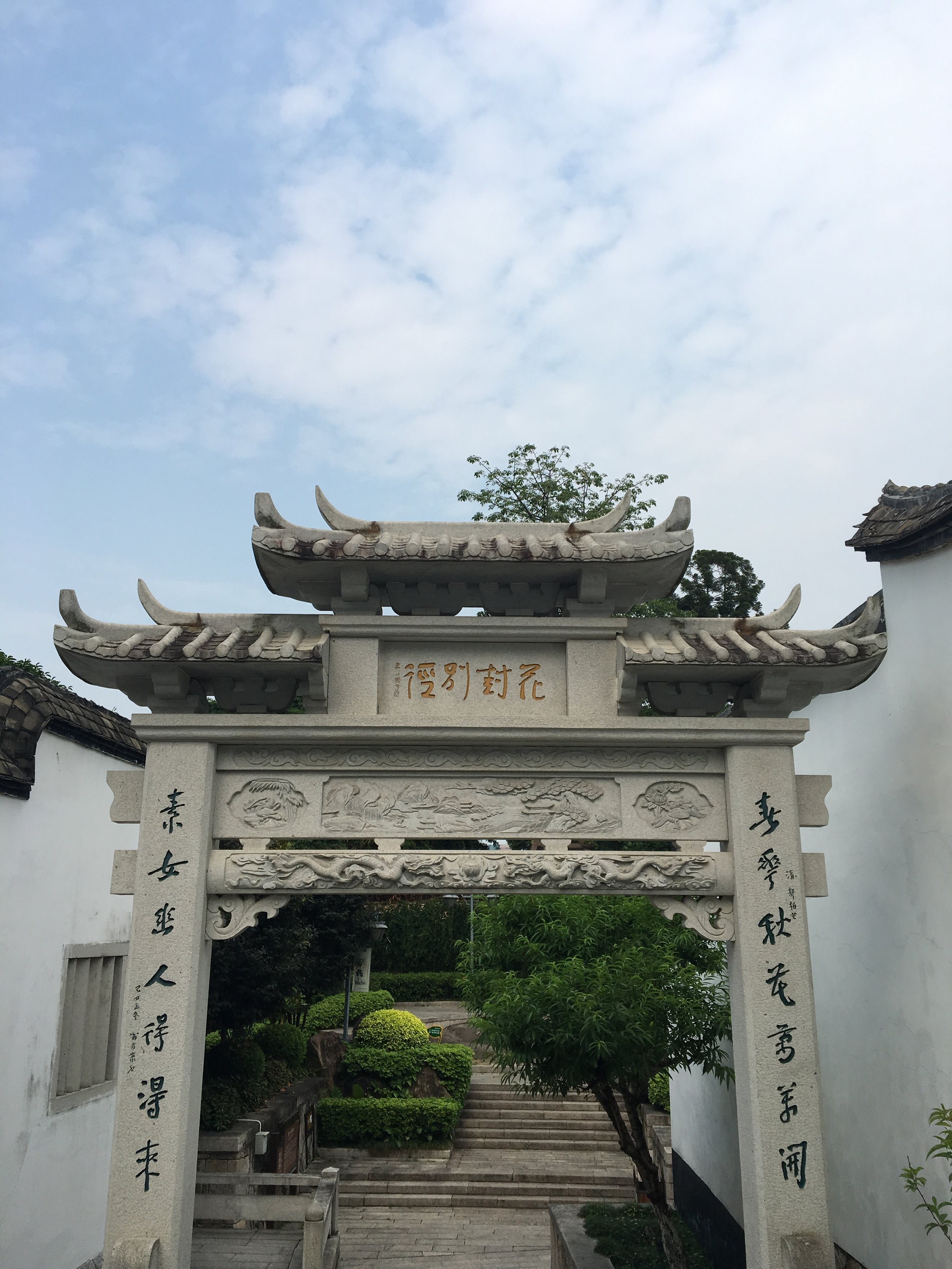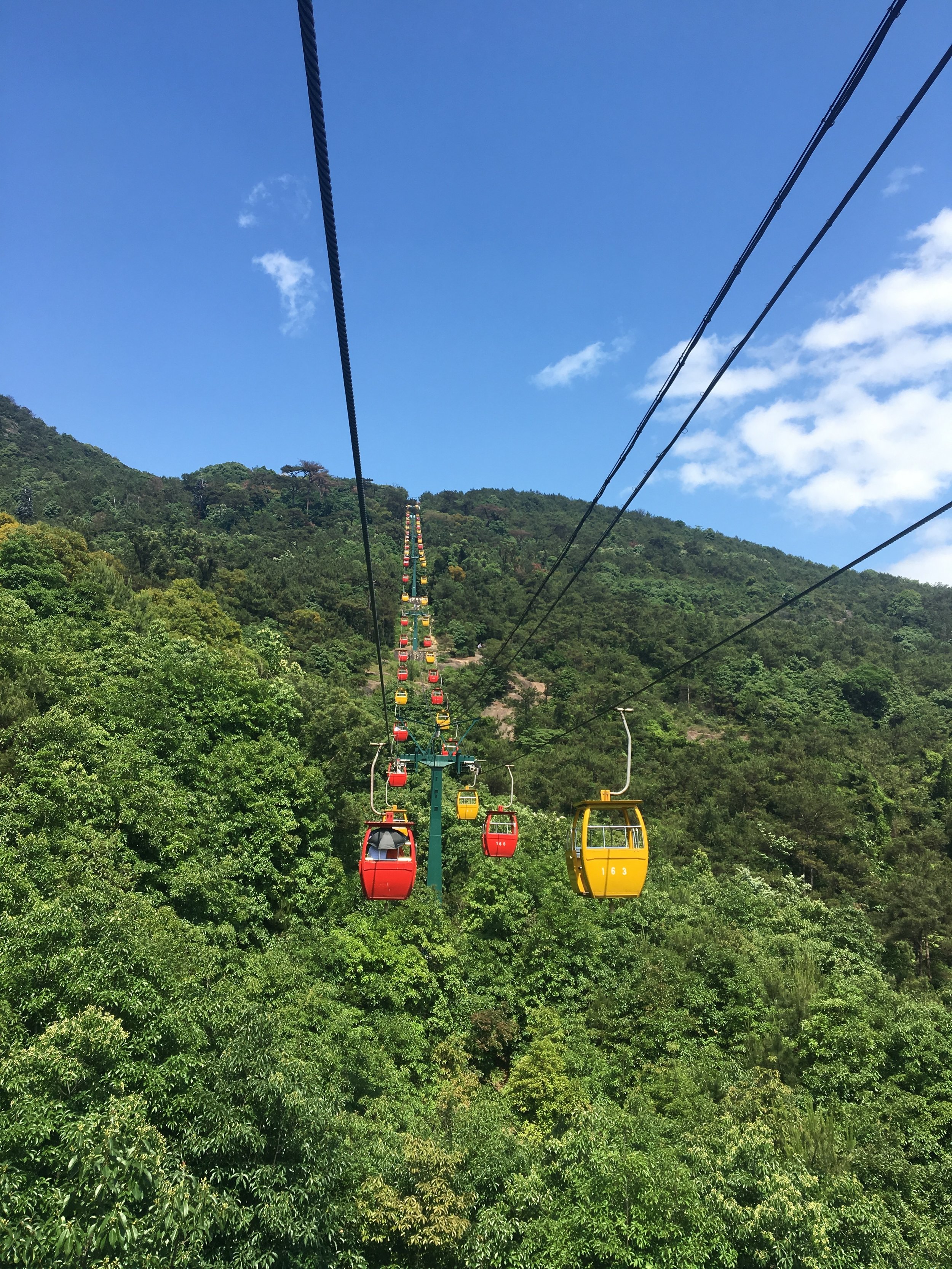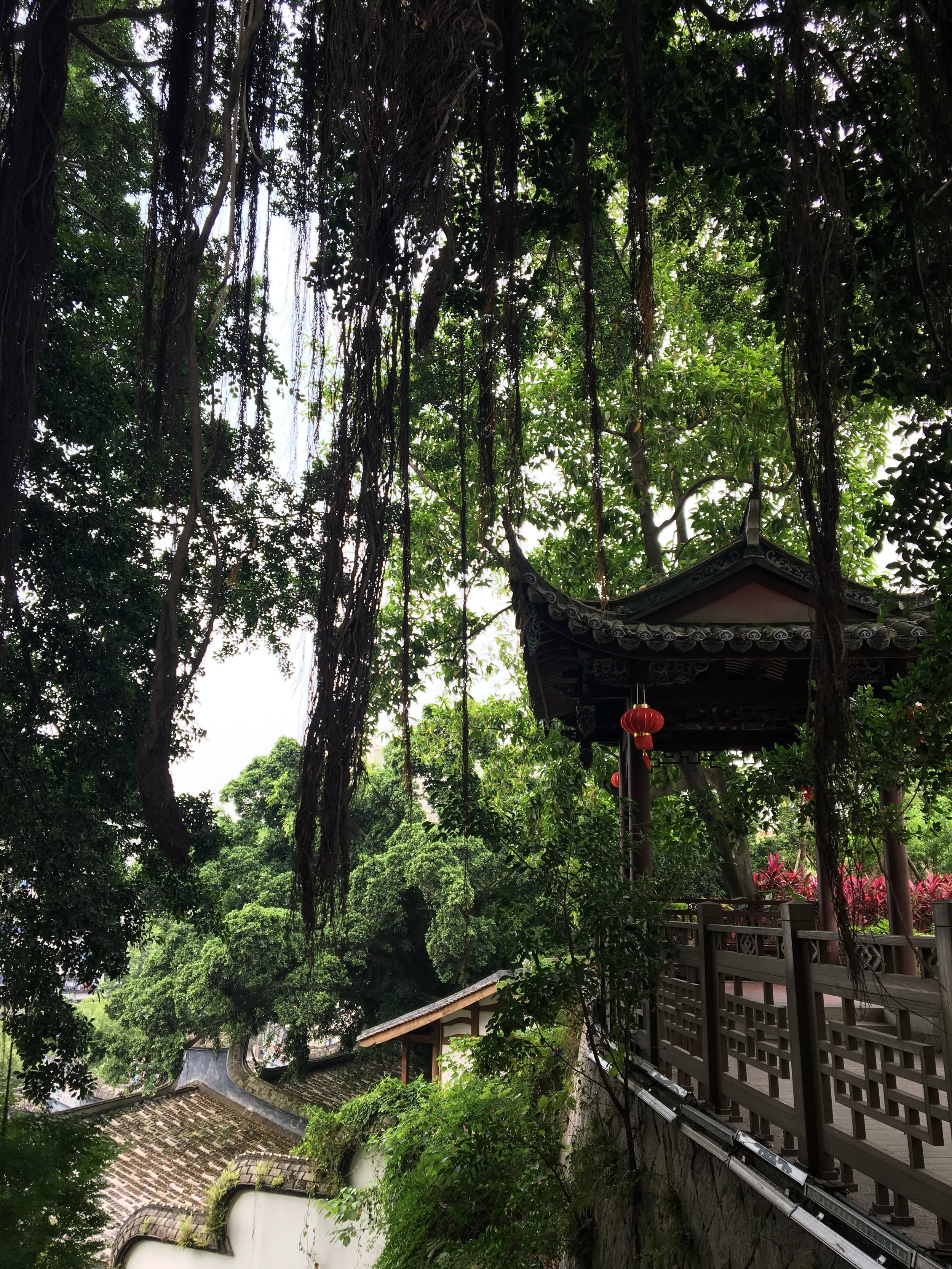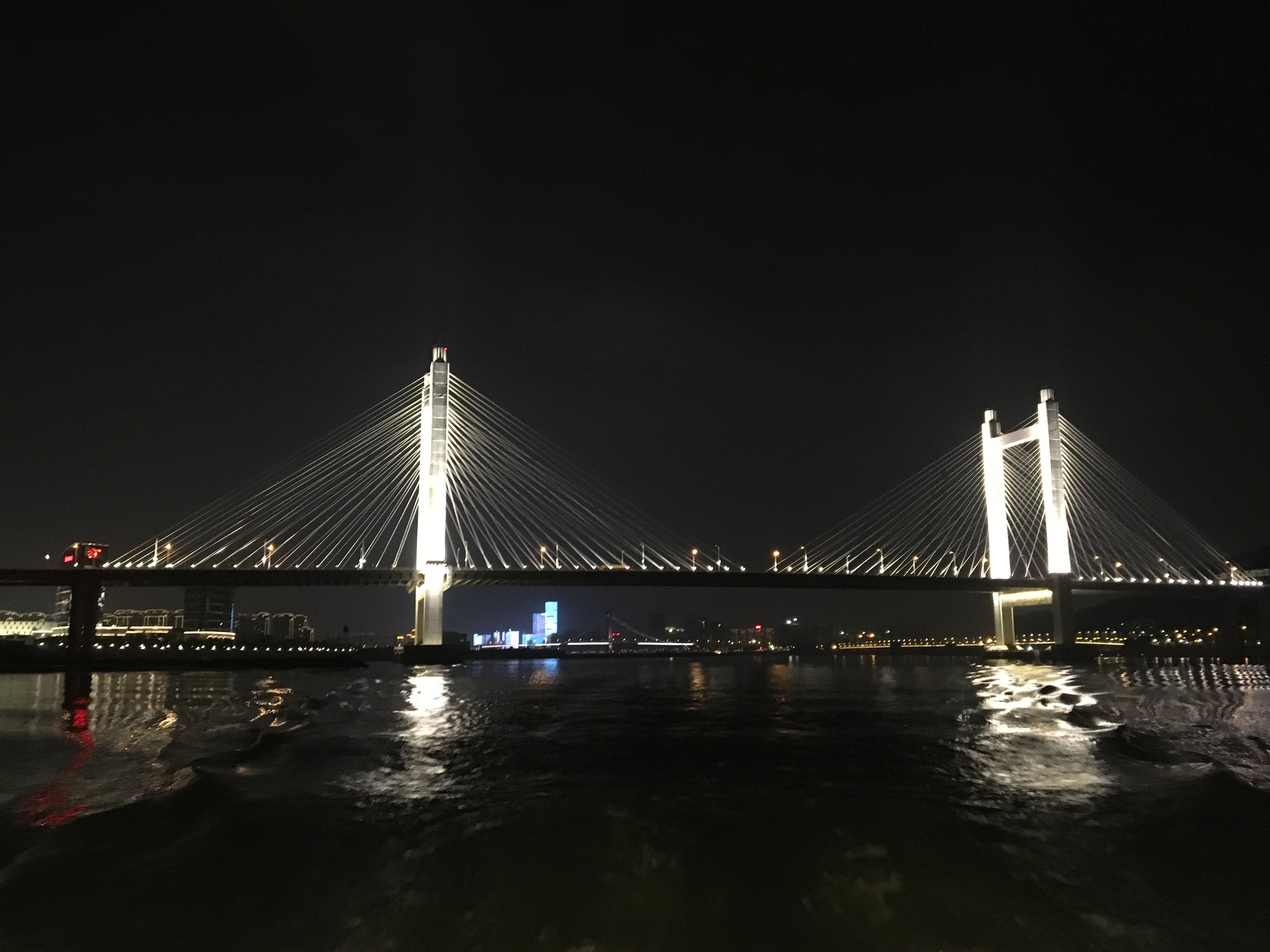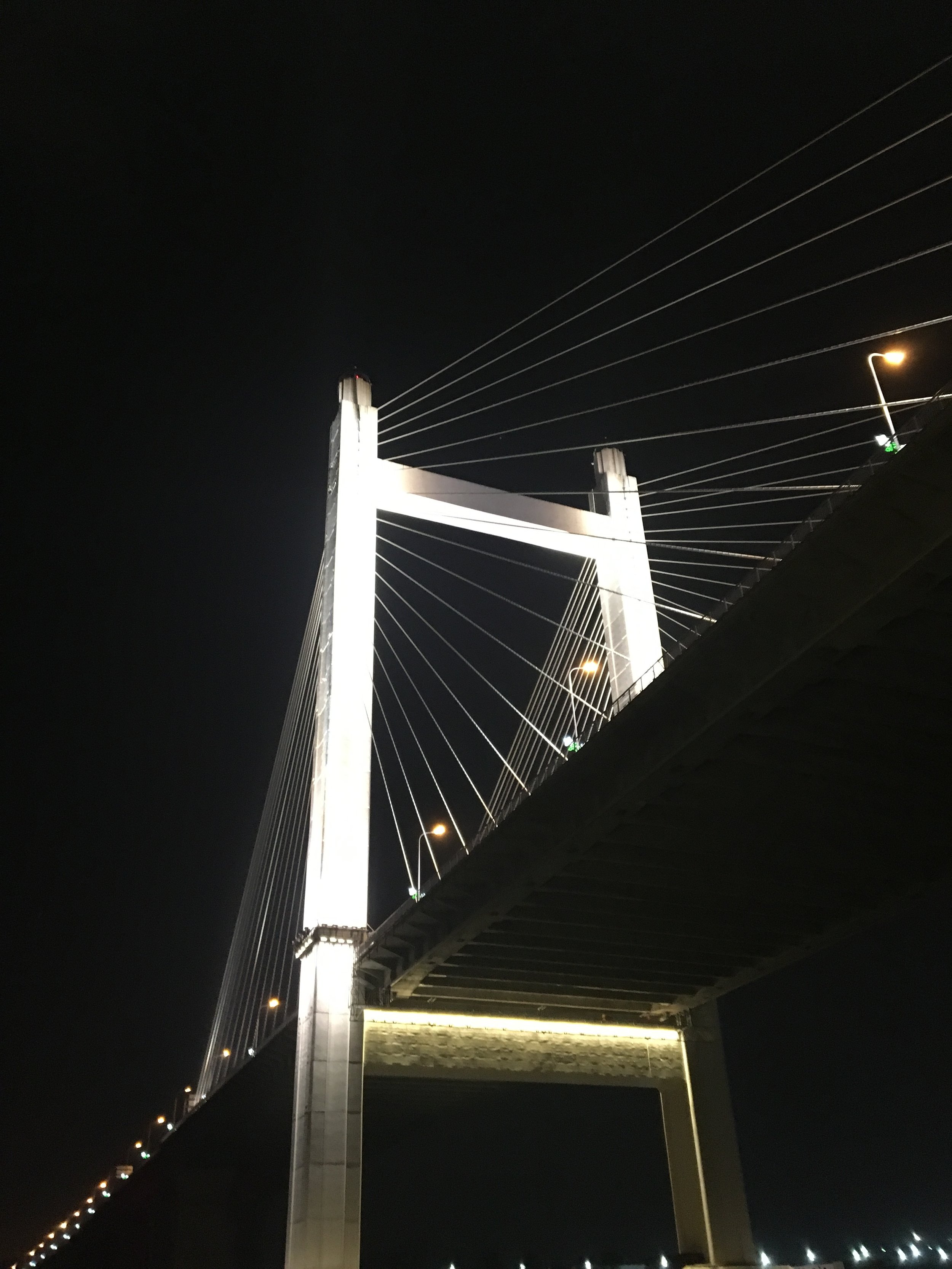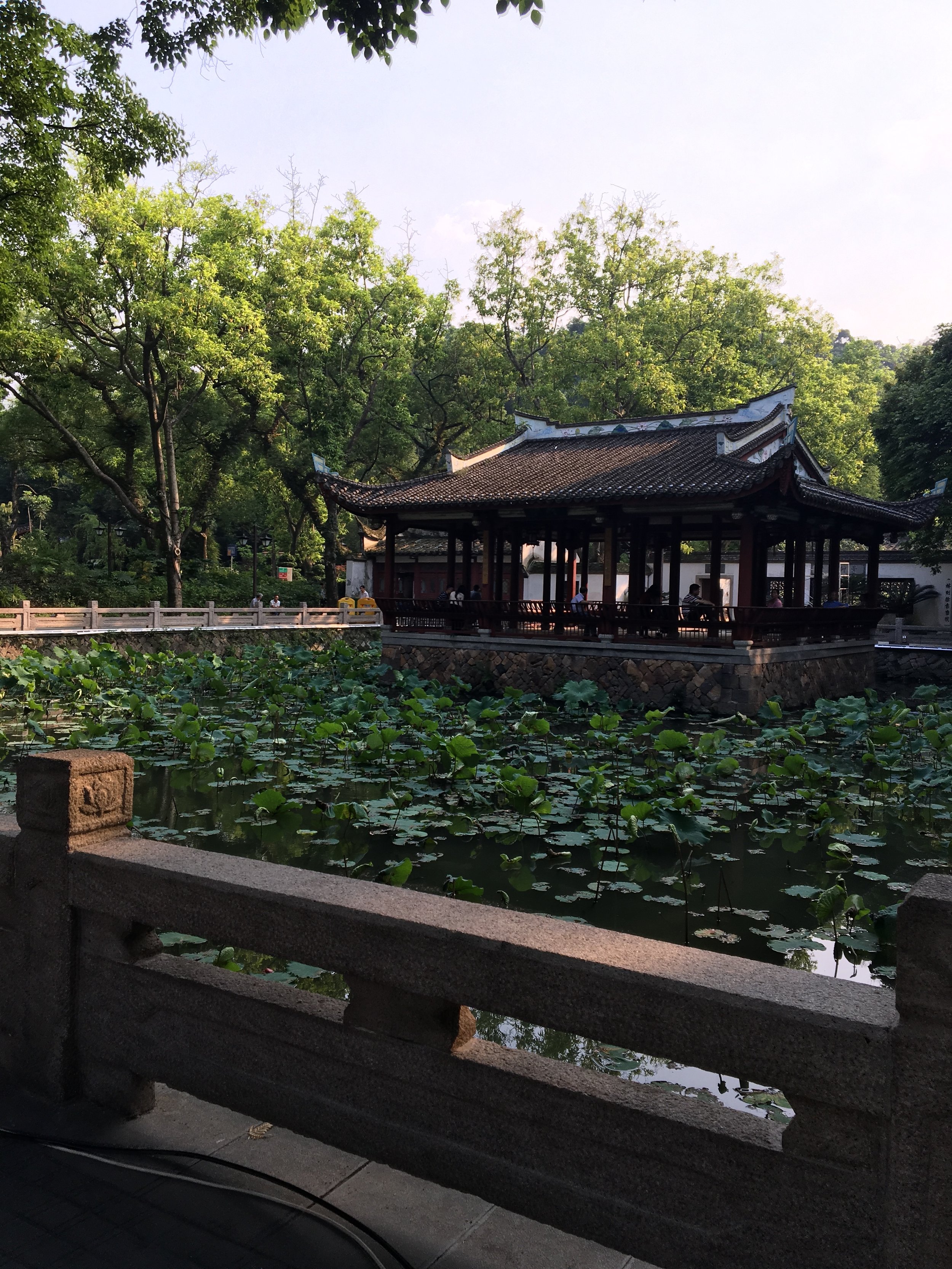words | salmana shah
Last summer, I had the opportunity to travel abroad alone. I look back at my experience with fondness and a wistful sense of longing. This travel memoir explores my adventures in Southeastern China and the feelings provoked by the intrepid experience.
At the height of my sophomore slump last year, I decided I would visit my Aunt in China. She was researching at a university in Southeast China and I was emerging out of a turbulent school year with a complex sense of isolation which I felt could only be mediated by time away from my world back home.
When I landed in Fuzhou, Fujian for my short two-week trip, I felt slightly homesick and completely disoriented. The fact that no one knew English only reminded me that I definitely should have learned some Mandarin prior to my trip. However, I would later learn that language is less important in guiding us than we presume it to be.
As I scrambled to find my luggage in the midst of the type of uproarious chaos that characterizes typical airports, I felt an eerie sense of excitement that comes with plunging into the unknown. In this case, the unknown was a seemingly random place I had very little knowledge about, beyond what a number of Wikipedia articles about the region had taught me. Embarking on this journey would eventually convey to me a sort of reality I would never have found in articles, online, or anywhere else in the world.
I can only vaguely recall my first night in Fuzhou. My aunt’s apartment was small, as most units are in the beige-yellow high-rises that dominate much of the skyscape in China’s urban areas. I fell asleep fast that night and the next morning woke up to a view unlike any I had seen before.
The colossal residential towers were monotonous in style, often fluctuating between a light beige and a deep yellow. Below were well-kempt streets which diverged into dirt backroads. It was the type of landscape you read about in twentieth century novels predicting future cityscapes with all the galore of Swiss-French architect Le Corbusier’s dream of high rises actualized in an east-Asian setting. Perhaps this stood out to me most because of my major in Urban Planning; I spent a great deal of time considering the resulting dynamics of this unique and overwhelming arrangement.
The fact that everything was clustered nearby also meant that there were abundant activities and sites to see. Most days my aunt would show me around, but when she had to work, I would venture out alone and meet her later in the city. Journeying alone was quite tricky. Because so few people knew English or had never learned it, the only place I could communicate with anyone was at Starbucks, which meant that ordering food comprised of a series of gestures; pointing to pictures and motioning to confirm there was no pork in the food. However, the majority of people whom I had interacted with were considerately polite about my inability to speak Mandarin, a refreshing change from interactions I’ve witnessed in the English world where the English language reigns supreme and marginalizes those who can’t conform.
The communication barrier did, however, make me feel further isolated since I spent much time mulling over my wish of knowing what was happening around me. It seemed that all the scenes I witnessed fused into one private scene that existed in my mind but that I would never have access to. While that general feeling of detachment was bemusing, it offered an opportunity to appreciate the linguistic barrier which reminded me that I was both a visitor in this country as well as in this universe.
Among my favorite sights in Fujian were the numerous parks and Buddhist temples, which offered a sense of solitude against the city’s dynamically urban landscape. They were my favorite retreat because they permitted me to be somewhat alone to enjoy the subtropical humidity and the various fauna and flora present amongst the urban chaos. My reclusive moments allowed me to revel in a sense of peace I wasn’t previously familiar with. By finding serenity in my self-inflicted desolation, I came to terms with the ubiquitous feeling of isolation that I carried here and at home.
In the grand scheme of things, I was nothing but a small person passing by. Away from the stresses of life back home and in a new place where no one knew or understood me, I was able to merely exist. I offered Fuzhou nothing and in exchange I was able to experience a beautiful and dynamic city characteristic of a country so unique, that its presence, and mine within it, still remains comparable to nothing.
photos | salmana shah
